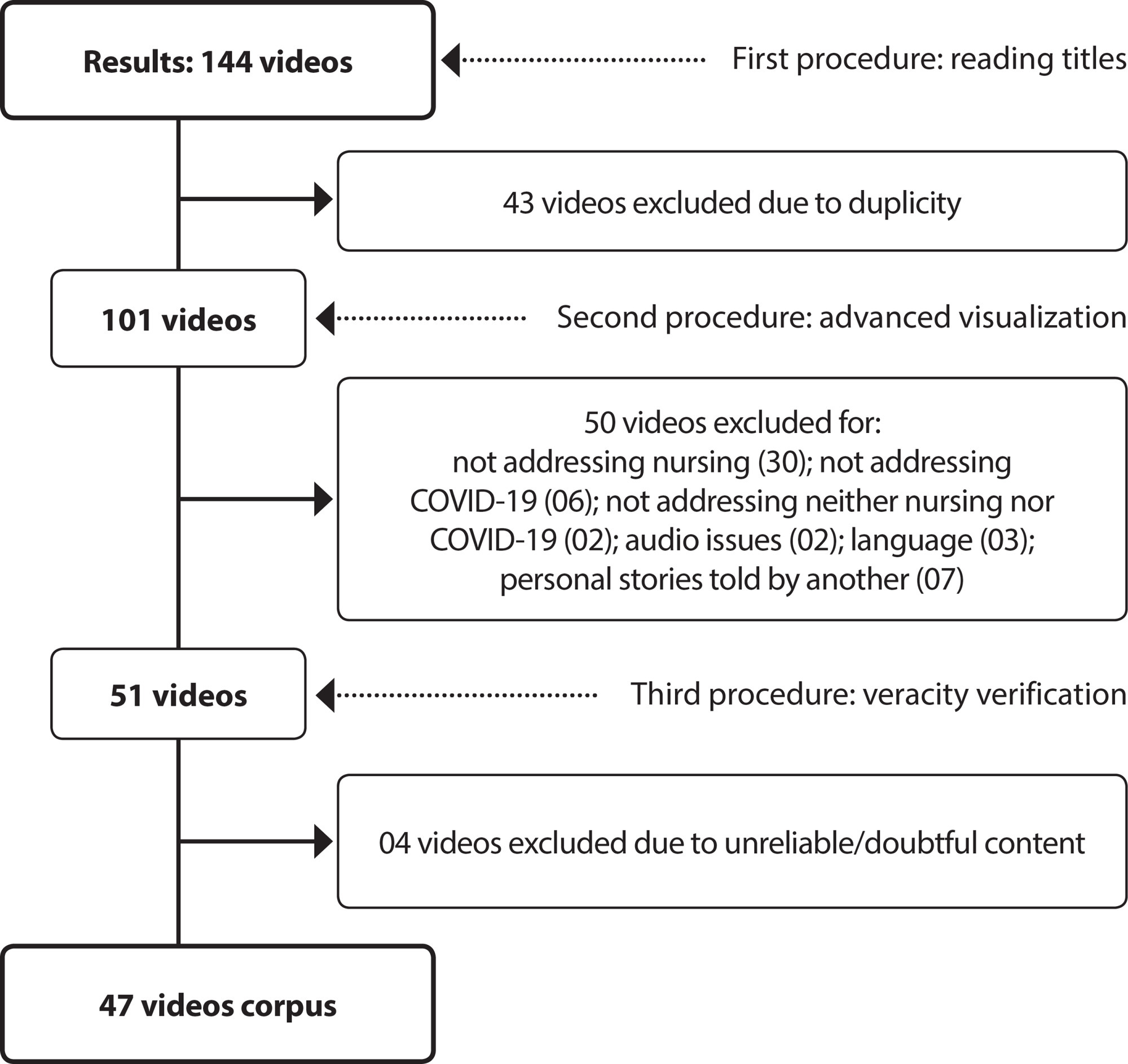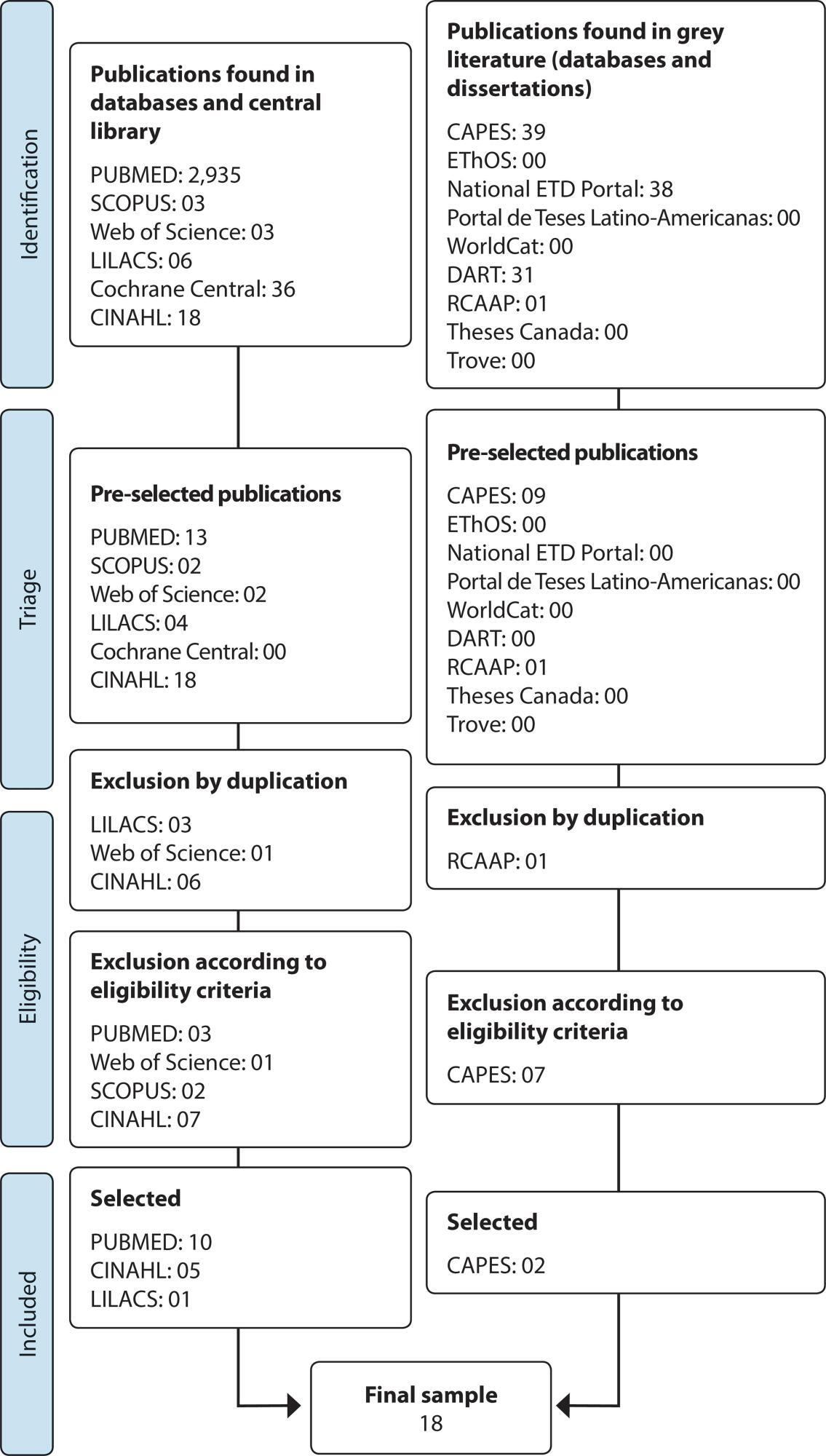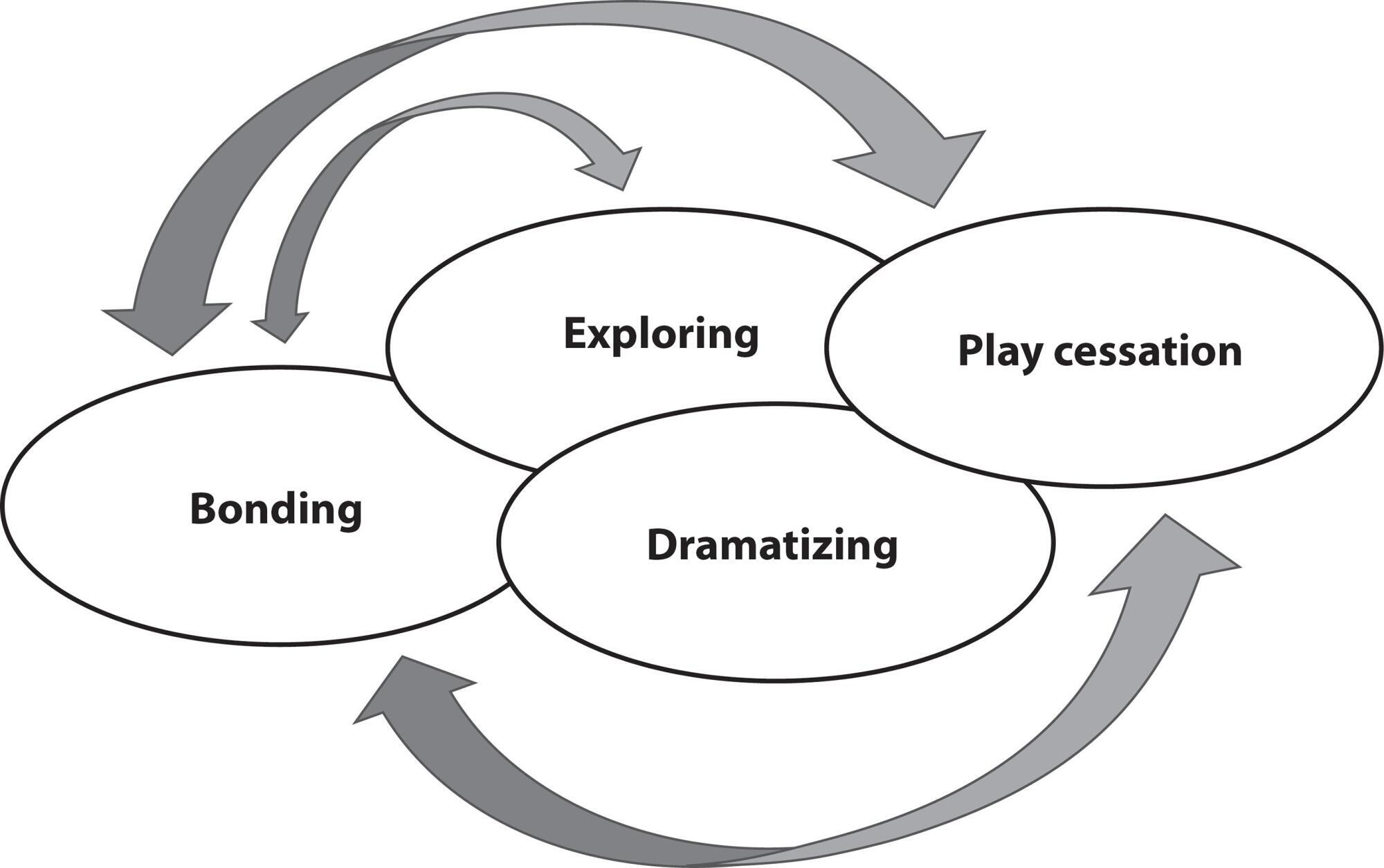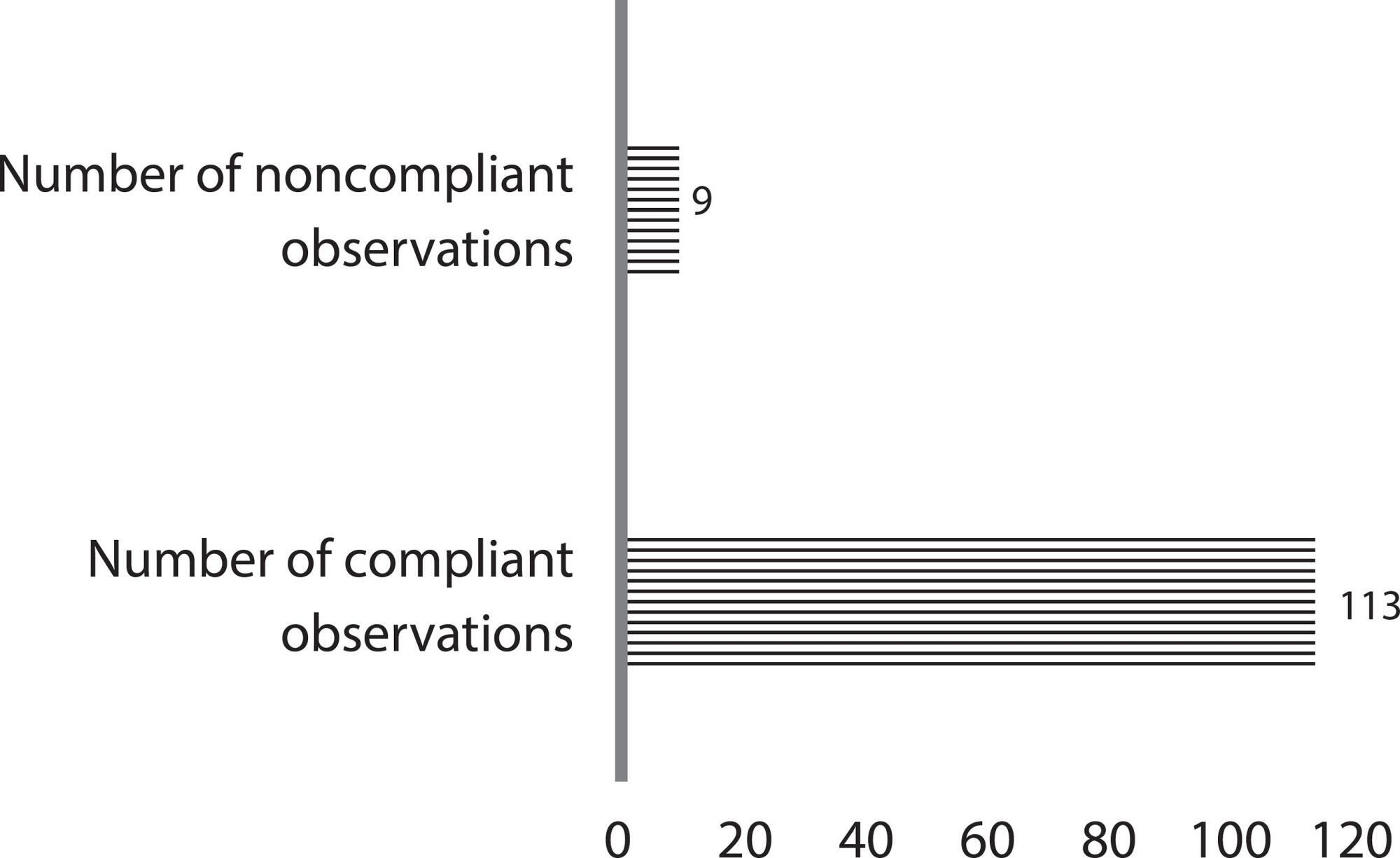-
REFLECTION
Comprehensive health care: dilemmas and challenges in nursing
Revista Brasileira de Enfermagem. 2015;68(2):333-338
01-01-2015
Abstract
REFLECTIONComprehensive health care: dilemmas and challenges in nursing
Revista Brasileira de Enfermagem. 2015;68(2):333-338
01-01-2015DOI 10.1590/0034-7167.2015680221i
Views0See moreABSTRACT
Objective:
this article discusses comprehensive care as a guiding tenet of the Brazilian Unifi ed Health System (SUS), outlining health care practices, especially nursing, and the relationships built by subjects in action by means of different knowledge.
Methods:
this is a theoretical refl ection that aims to propose dimensions of analysis (access to services, reception, links, lines of care, accountability, and responsiveness), with an emphasis on the dilemmas and challenges of nursing. The proposed dimensions analyze the production of care and its political and technical aspects.
Conclusion:
care should be the focus of all health care work, bearing in mind that intervention for technological action of each profession goes beyond the core of isolated knowledge, as is the case of nursing, which is connected to other professional practices, and can peruse other territories that operate through relational technologies, entering into the world of the needs of users and families.
-
REVIEW
Gender and violence against women in nursing literature: a review
Revista Brasileira de Enfermagem. 2015;68(2):325-332
01-01-2015
Abstract
REVIEWGender and violence against women in nursing literature: a review
Revista Brasileira de Enfermagem. 2015;68(2):325-332
01-01-2015DOI 10.1590/0034-7167.2015680220i
Views0See moreABSTRACT
Objective:
considering the potential of nursing to expand understanding on this theme, this study aims to learn what is being published on gender and violence against women in the main Brazilian nursing journals.
Method:
an integrative review of online publications between 2000 and 2012 was conducted. Of the 138 articles selected, 25 addressed gender and violence against women as social constructs.
Results:
there was a predominance of qualitative approaches (60%), empirical research (60%), academic (100%), authors who were nurses (96%), spousal violence (32%) and domestic violence (20%). Violence against women in the light of gender was associated in only 32% of the articles.
Conclusion:
there is a need for increased studies in partnership with the public health care service, and to expand discussions on the dynamics of power and resistance, which are the basis of the concept of gender.
-
RESEARCH
Nasal colonization in nursing professionals from units specialized in HIV/AIDS
Revista Brasileira de Enfermagem. 2015;68(2):320-324
01-01-2015
Abstract
RESEARCHNasal colonization in nursing professionals from units specialized in HIV/AIDS
Revista Brasileira de Enfermagem. 2015;68(2):320-324
01-01-2015DOI 10.1590/0034-7167.2015680119i
Views0See moreABSTRACT
Objective:
to investigate the presence of microorganisms in the nostrils of the nursing professionals of a Brazilian teaching hospital.
Method:
cross-sectional study in two inpatient units specialized in HIV/AIDS. Nasal secretion samples of nursing professionals were collected in one month. The samples were processed at the microbiology laboratory of the institution and analyzed using the Statistical Package for the Social Sciences (SPSS) software, version 19.0. Ethical aspects were abided.
Results:
from the 73 members of the nursing staff, samples of nasal secretions were collected from 61 (80.2%). Six types of microorganisms were isolated in 22 (41.0%) positive cultures. It is noteworthy that Staphylococcus aureus accounted for 22.9%, four of them oxacillin-resistant (MRSA).
Conclusion:
Staphylococcus aureus microorganism accounted for the largest prevalence in individuals of this study.
-
RESEARCH
Evaluation of nursing students about learning with clinical simulation
Revista Brasileira de Enfermagem. 2015;68(2):311-319
01-01-2015
Abstract
RESEARCHEvaluation of nursing students about learning with clinical simulation
Revista Brasileira de Enfermagem. 2015;68(2):311-319
01-01-2015DOI 10.1590/0034-7167.2015680218i
Views0See moreABSTRACT
Objective:
to describe the contributions of clinical simulation for learning cognitive and procedural attributes through debriefi ng, from the perspective of nursing students.
Method:
descriptive exploratory study. Twenty nursing undergraduate students from a university in the interior of the state of São Paulo participated in this study. Data collection was performed at the debriefi ng stage. Student’s perceptions about the simulation, positive aspects and what they could have done differently were registered. The students’ statements were grouped according to the central themes and the framework of Bardin’s content analysis (2011) and were analyzed using descriptive statistics.
Results:
enhancement of active, critical and refl ective learning (47.5%) was identifi ed due to the closeness to reality in nursing care (20.3%), manifestation of feelings experienced during the simulation (15.3%) and composition of the scenario (15.3%).
Conclusion:
the clinical simulation followed by debriefi ng promotes the understanding of the link between action and achievements in learning.
-
RESEARCH
Risk assessment of patient falls while taking medications ordered in a teaching hospital
Revista Brasileira de Enfermagem. 2015;68(2):305-310
01-01-2015
Abstract
RESEARCHRisk assessment of patient falls while taking medications ordered in a teaching hospital
Revista Brasileira de Enfermagem. 2015;68(2):305-310
01-01-2015DOI 10.1590/0034-7167.2015680217i
Views0See moreABSTRACT
Objective:
to stratify prescribed medication in a fall risk scale, identifying subgroups of drugs and inpatient units with higher risk of falls.
Method:
retrospective study on prescription order forms given by medical clinic, surgical clinic, and general intensive care unit. Risk factors under consideration: 1) orthostatic hypotension; 2) arterial hypotension; 3) arterial hypertension; 4) bradycardia; 5) psychomotor agitation; 6) mental confusion; 7) dizziness; 8) drowsiness/sedation; 9) reduced eyesight; 10) seizures; 11) atonia/dystonia/muscle weakness; 12) hypoglycemia; 13) urgent urination and 14) urgent defecation/diarrhea. Risk levels adopted: 0: 0 factor; I: 1-2 factors; II: 3-5 factors; III: 6-9 factors; IV: 10-14 factors.
Results:
3893 drugs were analyzed and stratifi ed in levels: 0 22.7%; I 33.5%; II 28%; III 15.1%; IV 0.7%. Levels III and IV more often refer to drugs for stomach acid disorders, 22.6%, and psycholeptics, 100%.
Conclusion:
knowing the risk factors associated with medication may help prevent and reduce falls, especially when therapeutic regimens cannot be modifi ed.
-
RESEARCH
Knowledge and practice of the nurse about leprosy: actions of control and elimination
Revista Brasileira de Enfermagem. 2015;68(2):297-304
01-01-2015
Abstract
RESEARCHKnowledge and practice of the nurse about leprosy: actions of control and elimination
Revista Brasileira de Enfermagem. 2015;68(2):297-304
01-01-2015DOI 10.1590/0034-7167.2015680216i
Views0See moreABSTRACT
Objective:
to assess the knowledge and practice of primary health care nurses about control and elimination actions of leprosy.
Method:
evaluation study with qualitative approach, using the Discourse of the Collective Subject, data were collected through semi-structured interviews conducted with 16 nurses.
Results:
the data collected revealed that health professionals have suffi cient knowledge about the National Policy on Control and Elimination of Leprosy (NPCEL) and that the main actions preconized were applied, however, notifi cation of suspected or confi rmed cases and social reintegration of the patient were not mentioned.
Conclusion:
keeping patients in treatment, overload of work, lack of interdisciplinarity and treatment performed at other locations outside of the community were diffi culties reported by professionals. Nurses know the actions addressed at assistance of leprosy patients, however, the study points to the need for a practice which is more aligned to what advocates NPCEL.
-
RESEARCH
Weaknesses of vaccine storage in Primary Healthcare Centers
Revista Brasileira de Enfermagem. 2015;68(2):291-296
01-01-2015
Abstract
RESEARCHWeaknesses of vaccine storage in Primary Healthcare Centers
Revista Brasileira de Enfermagem. 2015;68(2):291-296
01-01-2015DOI 10.1590/0034-7167.2015680215i
Views0See moreABSTRACT
Objective:
assessment through qualitative approach of vaccine storage in Primary Healthcare Centers.
Method:
assessment study of qualitative approach in which 30 interviews were conducted with nurses, nursing technicians or assistants and technical reference in immunization, in 12 vaccine rooms that had 100% of the structural criteria evaluated. Recorded testimonials of the subjects were organized and analyzed using thematic Content Analysis.
Results:
the assessment pointed to absence of knowledge on the parts of nurses and nursing technicians and assistants with respect to the effects of low temperature on vaccines. Barriers were also encountered in relation to the supervision of nurses in the vaccine room activities and in relation to the knowledge needed by workers to care for preservation of vaccines.
Conclusion:
vaccine storage is inadequate and may compromise the quality of the immunobiologicals dispensed to the populace.
-
RESEARCH
Symbolic effects capitalized by nurses from the National Institute of Cancer in Brazil (1980 – 1990)
Revista Brasileira de Enfermagem. 2015;68(2):284-290
01-01-2015
Abstract
RESEARCHSymbolic effects capitalized by nurses from the National Institute of Cancer in Brazil (1980 – 1990)
Revista Brasileira de Enfermagem. 2015;68(2):284-290
01-01-2015DOI 10.1590/0034-7167.2015680214i
Views0See moreABSTRACT
Objective:
to describe the strategies of nurses in the National Institute of Cancer to disseminate its scientifi c capital and discuss the symbolic effects capitalized in the fi eld of oncology in the 1980s.
Method:
historical social studies, with primary sources consisting of written documents and oral reports, and as secondary sources, articles and books on the subject, based on the French sociologist Pierre Bourdieu’s concepts of scientifi c capital and habitus.
Results:
it revealed the effective performance of nurses in this Institute on policies of cancer prevention and control and strategies used in the teaching of oncology nursing at the undergraduate level. In conclusion, nursing stands out in this context, through the dissemination of its scientifi c knowledge, as a participant in the construction of a scientifi c fi eld of oncology nursing in Brazil, highlighting the occupation of important social areas.
-
Contents related to nursing professionals during the COVID-19 pandemic on the Youtube™ platform
Revista Brasileira de Enfermagem. 2021;74:e20200581
02-05-2021
Abstract
Contents related to nursing professionals during the COVID-19 pandemic on the Youtube™ platform
Revista Brasileira de Enfermagem. 2021;74:e20200581
02-05-2021DOI 10.1590/0034-7167-2020-0581
Views0See moreABSTRACT
Objective:
to characterize the content of Youtube™ videos related to nursing professionals during the COVID-19 pandemic.
Method:
a qualitative study that examined 47 videos on Youtube™ posted between 11/03 and 11/04 2020, which were subjected to thematic analysis.
Results:
four categories emerged: “the role of nurses in care production during the pandemic”, which addresses the management of services and individual care; “Overview of the pandemic from the perspective of nurses in different countries”, presenting experiences and encouraging physical distance; “Tributes and motivation to mobilize the category”, in addition to targeted tributes, calls for nurses to claim their rights; “Criticisms and demands to improve working conditions”, which highlights the insecurity of care provision settings.
Final considerations:
nursing work conditions in different countries, recognition of the importance of professionals during the pandemic, and claims of the category to improve working conditions were the main content found on Youtube™.

-
REVIEW
Prevention and control measures for neonatal COVID-19 infection: a scoping review
Revista Brasileira de Enfermagem. 2020;73:e20200467
07-13-2020
Abstract
REVIEWPrevention and control measures for neonatal COVID-19 infection: a scoping review
Revista Brasileira de Enfermagem. 2020;73:e20200467
07-13-2020DOI 10.1590/0034-7167-2020-0467
Views0See moreABSTRACT
Objective:
to identify with the literature the measures to prevent and control neonatal infection by COVID-19.
Methods:
a scope review carried out by searching for studies in databases and institutional health websites. The final sample was 25 articles.
Results:
among the main measures are the use of masks by suspected or infected people in contact with healthy newborns, hand hygiene before and after each care and feeding as well as the tools used for milking. It is indispensable to use personal protective equipment by health professionals in neonatology services to maintain a private room for infected newborns or to use physical barriers. Early diagnosis and timely case management is essential to reduce virus transmissibility.
Conclusions:
the research contributed to elucidate health and nursing actions in preventing and controlling neonatal infection by COVID-19.

-
REVIEW
Prevention and conduct against the Extravasation of antineoplastic chemotherapy: a scoping review
Revista Brasileira de Enfermagem. 2020;73(4):e20190008
06-17-2020
Abstract
REVIEWPrevention and conduct against the Extravasation of antineoplastic chemotherapy: a scoping review
Revista Brasileira de Enfermagem. 2020;73(4):e20190008
06-17-2020DOI 10.1590/0034-7167-2019-0008
Views0ABSTRACT
Objectives:
to identify and synthesize scientific evidence on prevention and management of extravasation of antineoplastic agents in adult patients by nurses.
Methods:
scoping review, according to Joanna Briggs Institute and PRISMA-ScR. Research was conducted in five electronic databases, Cochrane Library and eight catalogs of theses and dissertations. Data collection occurred from April to July 2018, with no time limit. The extracted data were analyzed and synthesized in a narrative way.
Results:
a total of 3,110 records were retrieved and 18 studies were kept for review. Most publications (66.6%) had a qualitative approach and addressed both aspects, i.e., prevention and management of extravasation of chemotherapy in adult patients.
Conclusions:
the implementation of protocols based on scientific evidence on prevention and management of extravasation of antineoplastic agents is paramount in order to provide patient safety and support to the nursing staff.
Keywords:Antineoplastic AgentsCombined ChemotherapyExtravasation of Therapeutic and Diagnostic MaterialsNursing CareOncologySee more
-
REFLECTION
Training and work process in Multiprofessional Residency in Health as innovative strategy
Revista Brasileira de Enfermagem. 2020;73(6):e20190635
09-07-2020
Abstract
REFLECTIONTraining and work process in Multiprofessional Residency in Health as innovative strategy
Revista Brasileira de Enfermagem. 2020;73(6):e20190635
09-07-2020DOI 10.1590/0034-7167-2019-0635
Views0ABSTRACT
Objectives: To
reflect about education in health and work process on three programs of multiprofessional residency in Florianópolis/SC.
Method:
Reflexive study about Multiprofessional Residency Health Programs of Florianópolis.
Results:
Multiprofessional Residency characterizes training health professionals through service education. Developing these professionals’ specialization with assignments that promote professional exercise and magnifies multiprofessional work at the same time, for excellency in unabridged healthcare.
Final Considerations:
Multiprofessional Residency Programs make interdisciplinary education, sharing knowledge between residents and other professionals stimulating development of innovation skills.
Keywords:Euducation, GraduateHealth PersonneInternship and ResidencyInterprofessional RelationsProfessional PracticeSee more -
ORIGINAL ARTICLE
Understanding the dramatic therapeutic play session: a contribution to pediatric nursing
Revista Brasileira de Enfermagem. 2020;73(4):e20180812
06-08-2020
Abstract
ORIGINAL ARTICLEUnderstanding the dramatic therapeutic play session: a contribution to pediatric nursing
Revista Brasileira de Enfermagem. 2020;73(4):e20180812
06-08-2020DOI 10.1590/0034-7167-2018-0812
Views0See moreABSTRACT
Objectives:
to understand how the dramatic therapeutic play session occurs within the care of hospitalized children.
Methods:
qualitative multiple case study, using theoretical references, such as symbolic interactionism and Vygotsky’s theory of symbolic play. Twenty play sessions performed with six children from 3 to 10 years old were analyzed, each corresponding to one case.
Results:
these sessions demonstrated that a dramatic therapeutic play session is a process of four interdependent and complementary steps: bonding, exploring, dramatizing, and play cessation. They also revealed the imaginary situations externalized by the child, the importance of the exploration step for which they manage the imaginary situation and catharsis, and how her higher psychological faculties are articulated during this process.
Final Considerations:
the results contribute to the understanding of the conduct and analysis of the dramatic therapeutic play session, reinforcing the importance of its use in pediatric nursing care practice.

-
ORIGINAL ARTICLE
Common mental disorders in nursing students of the professionalizing cycle
Revista Brasileira de Enfermagem. 2020;73(1):e20180154
02-10-2020
Abstract
ORIGINAL ARTICLECommon mental disorders in nursing students of the professionalizing cycle
Revista Brasileira de Enfermagem. 2020;73(1):e20180154
02-10-2020DOI 10.1590/0034-7167-2018-0154
Views0See moreABSTRACT
Objectives:
to verify the suspicion of common mental disorders in nursing students of the professionalizing cycle and the association with sociodemographic features.
Method:
cross-sectional study with a sample of 85 students from a public university in the state of Rio de Janeiro (RJ) who responded to the Self-Report Questionnaire-20 and sociodemographic questions.
Results:
the suspicion prevalence of common mental disorders (CMD) in the sample was 55.3% and it was identified the association with the consumption of alcohol. Of the most frequent SRQ-20 complaints, 95.3% reported “feeling nervous, tense or worried”, 72.9% “having difficulty making decisions”, 60% “sleeping poorly” and 37.6% “having lost interest by things “.
Conclusion:
high prevalence of CMD in the sample and the association with the consumption of alcohol requires preventive and therapeutic actions among the students that minimize the possibility of severe mental disorders related to the consumption of alcohol and other drugs.
Search
Search in:
Nuvem de Tags
Aged (144) Atenção Primária à Saúde (239) COVID-19 (104) Cuidados de Enfermagem (269) Educação em Enfermagem (151) Educação em Saúde (139) Enfermagem (930) Estudos de Validação (131) Health Education (144) Idoso (208) Mental Health (149) Nursing (987) Nursing Care (306) Patient Safety (151) Primary Health Care (284) Qualidade de Vida (104) Quality of Life (106) Saúde Mental (145) Segurança do Paciente (150) Validation Studies (108)




